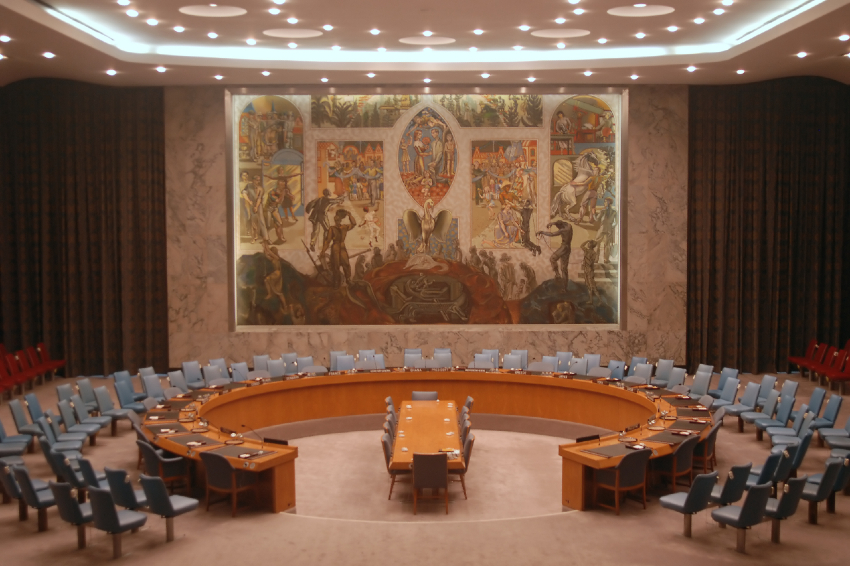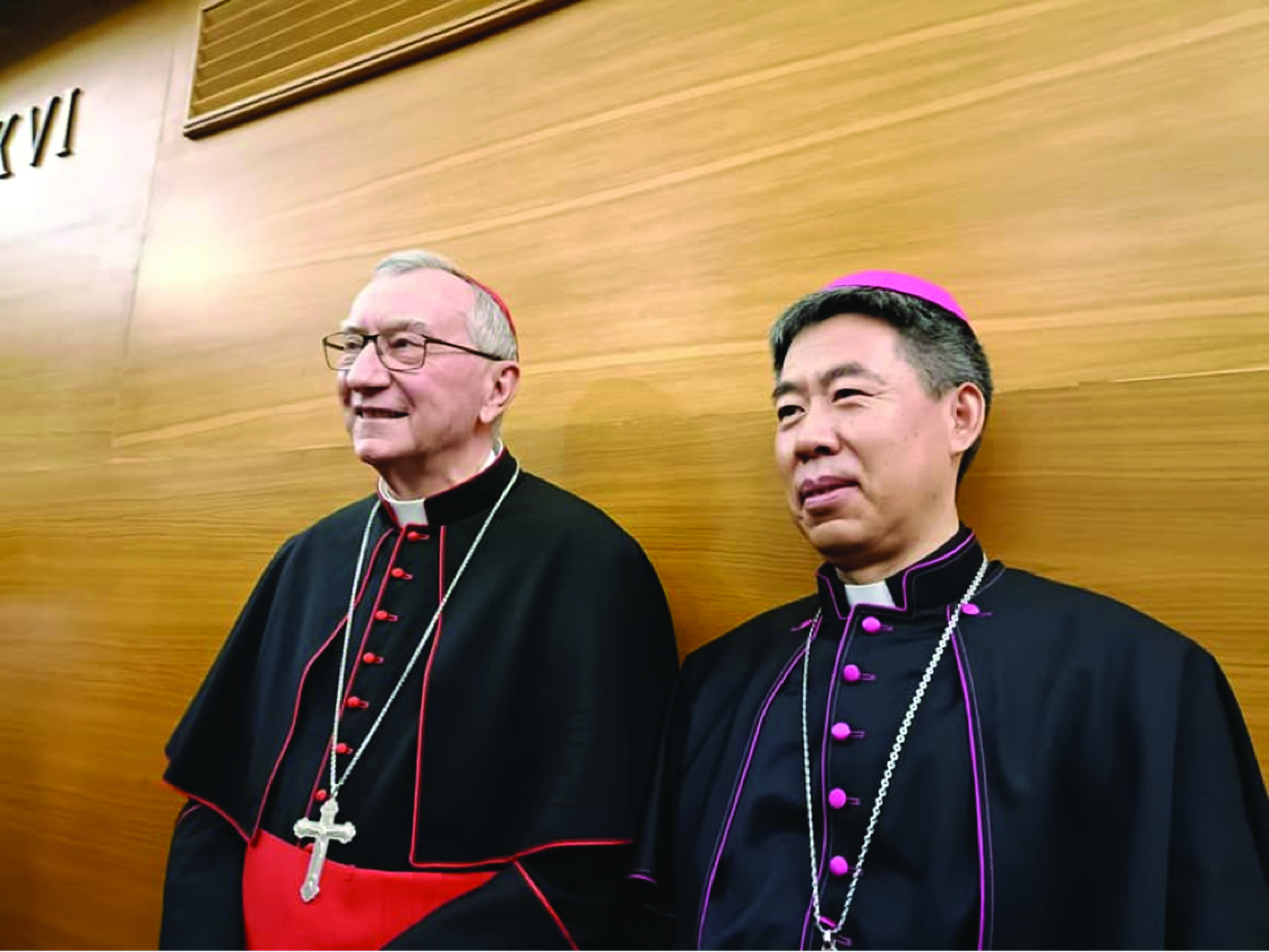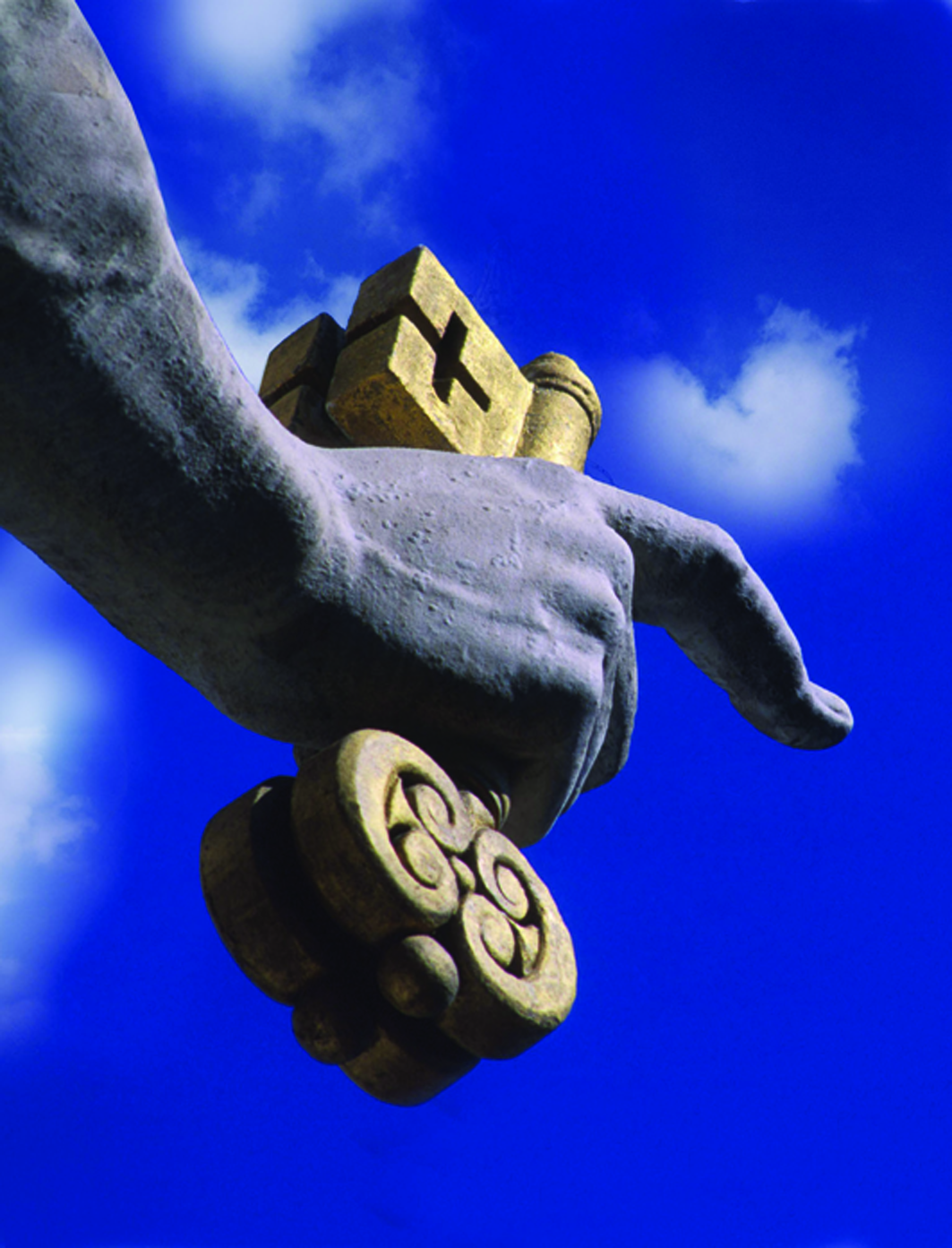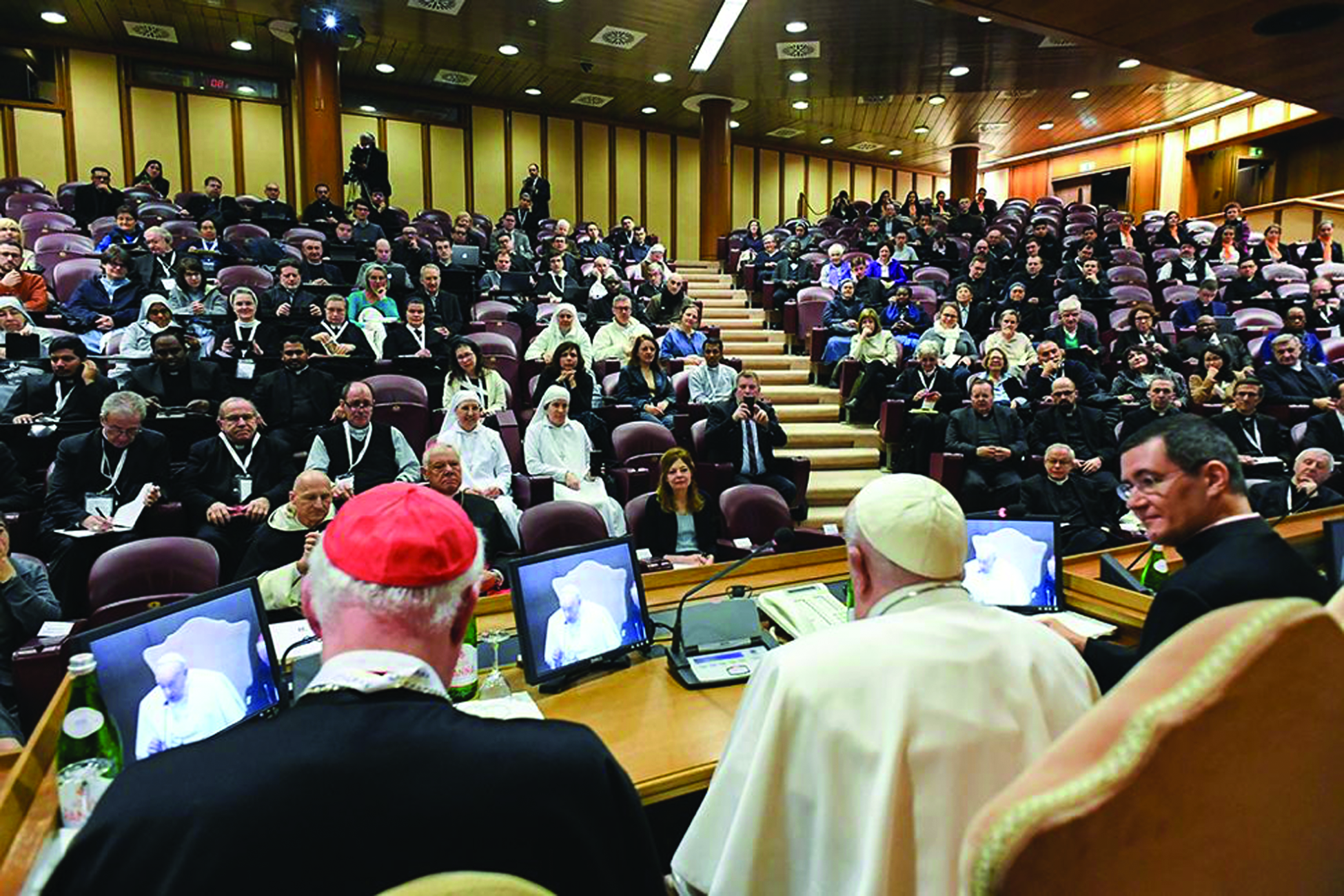By Andrea Gagliarducci for CNA (link)
Rome Newsroom, Jun 20, 2021 / 14:35 pm (CNA)

A group of U.N. “experts” is expected to issue a statement aimed at forcing the Holy See and the Catholic Church to surrender to abortion and gender ideology, under the guise of demanding that the Vatican takes all necessary steps to prevent abuse.
With the Human Rights Council’s latest session due to begin on June 21, experts from the U.N., including several special rapporteurs, are poised to publish a statement urging the Holy See take all the necessary measures to prevent sex abuse.
The statement, which goes beyond the capacities of the U.N. experts, has the hallmarks of an attempt to undermine Catholic doctrine by using the sex abuse scandals.
In February 2014, a report by the Committee of the U.N. Convention for the Rights of the Child waded into the Church’s teaching on human sexuality and canon law. In May 2014, a report from the Committee of the U.N. Convention against Torture tried to consider the abuse of children as torture to push the Holy See to introduce new measures.
In December 2019, Maud de Boer-Buquicchio, the then U.N. Special Rapporteur on sale and sexual exploitation of children, praised Pope Francis’ decision that the pontifical secret would no longer apply in cases of accusations and trials involving abuse of minors or vulnerable persons.
But the Dutch jurist also urged the Vatican to “enforce mandatory reporting for all clergy and staff who have knowledge of these heinous acts.”
In the end, the final scope of these statements is to force the Holy See to change canon law to adapt it to a “human rights protocol” that subtly backs or mentions “gender perspective” and “sexual and reproductive rights” (that is, a push for the “right” to abortion).
In the statement, which CNA has seen in advance of publication, the “experts” refer to a letter addressed to the Holy See in April 2021, where they expressed “utmost concern about the numerous allegations around the world of sexual abuse and violence committed by members of the Catholic Church against children, and about the measures adopted by the Catholic Church to protect alleged abusers, cover up crimes, obstruct accountability of alleged abusers and evade reparations due to victims.”
The “experts” complained that the Holy See’s concordats and agreements with states “limit the ability of the civil authority to question, compel the production of documents, or prosecute people associated with the Catholic Church.”
They also asked the authorities of the Holy See “to refrain from obstructive practices and to cooperate fully with the civil, judicial, and law enforcement authorities of the countries concerned.”
The statement also targets two Catholic principles. The first is the seal of confession, which prevents priests from reporting the contents of confessions to civil authorities.
On July 1, 2019, the Apostolic Penitentiary issued a note reiterating that the seal of confession is inviolable. The note responded to the increasing attacks on the seal of confession in many countries, such as Australia and Chile.
The second principle is that of the Holy See’s sovereignty. The “experts” specifically want to see an end to the distinction between the Holy See and the Vatican City State, which ensures the protection of religious freedom, so that states can have full jurisdiction over the Catholic Church.
The letter follows up the statement of Maud de Boer-Buquicchio and will be signed by four other special rapporteurs. Special rapporteurs are part of the U.N. system. They work on a voluntary basis and are independent of any government or organization.
The April letter sent to the Holy See lists several cases: a German bishops’ conference 2018 report on abuse; a commission on abuse set up by the French bishops’ conference; the issue of residential schools in Canada, which the pope recently addressed at the end of his June 13 Angelus; a Chilean report on abuse, which lists 344 allegations; 12 allegations of abuse disclosed by the archbishop of Bogotà, Colombia, in 2019; the case of the Provolo Institute in Argentina; and also abuse cases within the Legionaries of Christ.
The letter also refers to the Holy See’s participation in the 1990 Convention for the Child’s Rights and the Convention against Torture.
The request of the experts goes, however, beyond their capacity, knowledge, or authority. The experts cannot urge a state to adopt procedures or to change its law. Nor can they question how a state is putting into action their proposals.
Figures consulted by CNA suggest that the U.N. experts are bent on using their position to “give the Holy See a pie in the face,” pushing for doctrinal changes in the Catholic Church and, at the same time, weakening the Holy See as a state and an actor in the international arena.






Facebook Comments